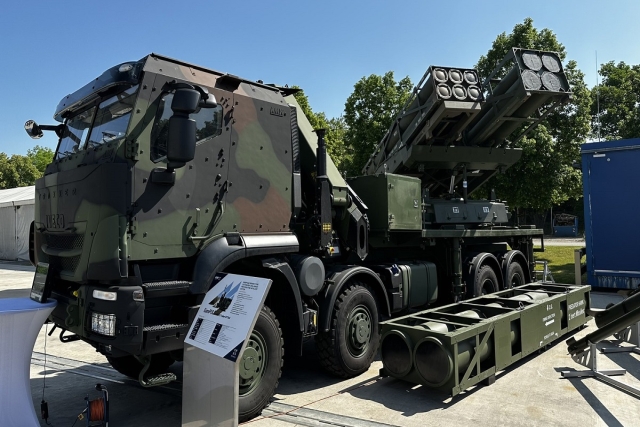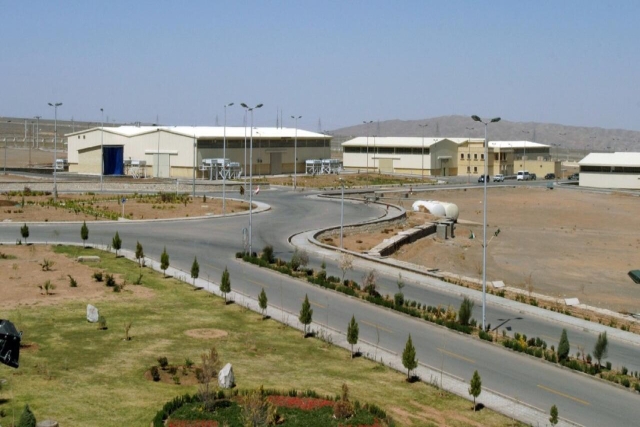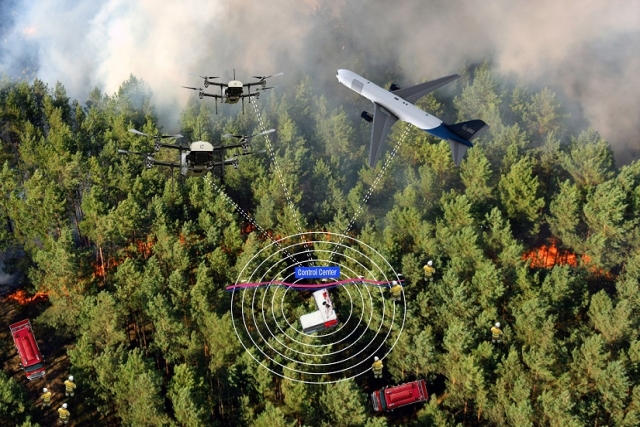Google Assisting Israel with AI for Use in Gaza War: Washington Post
Google collaborates with IDF despite internal employee protests

Google has reportedly been assisting Israel's Defense Ministry and military in utilizing its artificial intelligence technologies, despite previously distancing itself from the country's military.
An exclusive report from The Washington Post claimed that Google employees expedited requests from Israel’s military, particularly for the company's Vertex machine learning platform, to enhance military operations during the Israel-Hamas war.
The company's actions run counter to its public stance after protests from employees regarding its cloud computing contract with the Israeli government. Employees had voiced concerns about Google’s potential involvement in military operations and its partnership with Israel under the controversial Nimbus project. The $4 billion initiative aims to provide Israel with cloud services tailored to meet national security needs while ensuring sovereignty and privacy.
In 2024, Google faced internal backlash when it dismissed 50 employees who had been protesting the Nimbus contract. These protests were fueled by concerns that the technology would aid in military operations that could harm Palestinians. However, Google's internal documents suggest it worked to provide Israel with access to its AI technology, fearing that failure to do so could lead Israel to rely on Amazon, a key competitor.
Additional documents uncovered by The Washington Post show that, in November 2024, Google further facilitated the IDF's access to Gemini AI, a platform designed for developing AI assistants to process documents and audio. Although Google maintains that its cloud services to Israel are not intended for highly sensitive military or intelligence work, Israeli officials have hinted at its direct use in combat operations.
Gaby Portnoy, the director of Israel's National Cyber Directorate, indicated that the Nimbus cloud services played a significant role in military victories during the conflict, though he declined to elaborate. “Thanks to the Nimbus public cloud, phenomenal things are happening during the fighting, these things play a significant part in the victory — I will not elaborate,” he said, according to People and Computers, an Israeli outlet.
Furthermore, Israel's military has increasingly integrated AI into its operations over the past few years, using it to process surveillance footage and even assist in targeting decisions. A previous investigation by The Washington Post highlighted the use of an AI tool called Habsora, which helps commanders select targets, both human and infrastructure, by analyzing intercepted communications and satellite imagery. Despite concerns over potential risks to human lives, the IDF defended the tool, asserting that it improves targeting accuracy and minimizes collateral damage.
Neither the IDF nor Google responded to requests for comment from The Washington Post regarding these developments.













